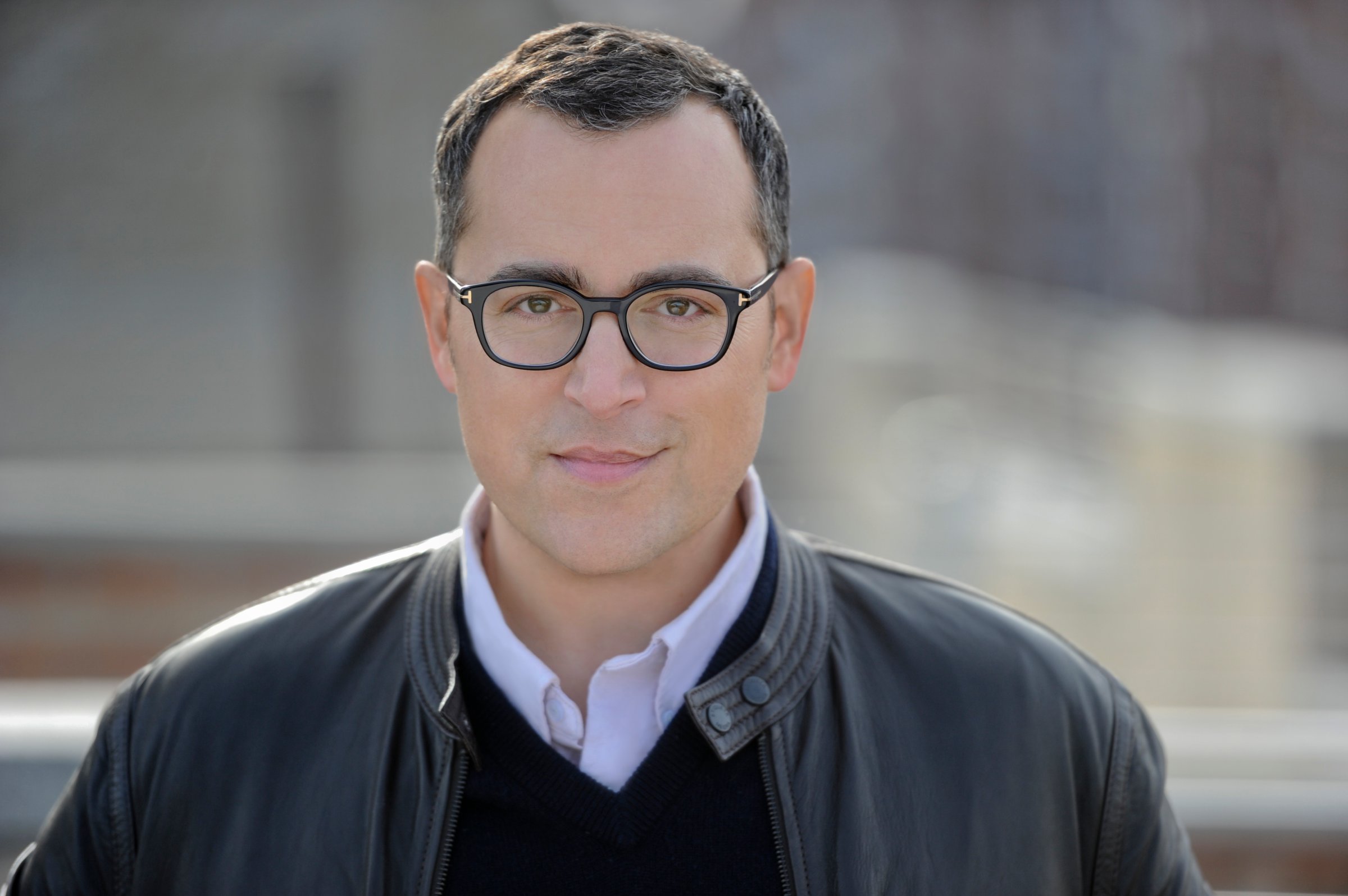
TIME: Why do you think people are so fascinated by the lives of brand spokespeople?
I think people are more inclined to view these “brand ambassadors” as cartoon characters in a way. It’s shocking to discover they have lives outside the 30 seconds they appear on your TV. Generally speaking, an actor becomes a celebrity by helping to perpetuate and capitalize on this interest in their personal lives because it helps to increase their value in the business. Fame helps sell tickets and increase viewership.
Commercial actors on the other hand, whose faces are highly recognizable—oftentimes more so because of the sheer number of repeated impressions throughout various forms of media—are usually compelled contractually to avoid press, controversy, and celebrity in general. As a result, the character the actor plays is completely undiluted by facts, rumors, or impressions viewers might have about the actor playing that character. This can be great for the people controlling the brand image, enabling them to shape the message they want to communicate about their company. This apple cart, however, can be overturned pretty easily by the actor’s real life suddenly getting in the way.
Nothing hurts the credibility of a character (and consequently the company it represents) more than when the actor playing that character gets into hot water: a bar fight, being disruptive on an airplane, or saying something stupid or racist in a stand-up set. The character is so closely identified in the public consciousness with that brand that the fall-out can be dire for the company employing them; the company often has no choice then but to distance itself from the character in situations like this. This can be a difficult bell for the actor to un-ring.
How has your experience as the Verizon Test Man been part of your identity?
Well, when you’re an actor it’s always nice to have a job. As you probably know, most of us are unemployed or at least rehearsing for unemployment. It was nice to know I was employed as an actor, could pay my bills, and had the freedom to pursue other creative endeavors like writing and producing independent films about things that matter to me.
How have people reacted to you?
For the most part, people are lovely, and genuinely excited to see the face of the character they think they know so well out of its usual context. I probably hold a world record for appearing in more airport selfies than anyone in history.
Were there any times being the Verizon Guy got in the way of being you?
Honestly, there are times when you want as little attention drawn to you as possible. Weddings, funerals, and waiting in line for your first coffee of the day come to mind. My cousin reminded me recently of a family funeral we attended together. She was struck by the fact that on more than one occasion during the somber affair, people repeated my catchphrase back to me, something I’d grown pretty accustomed to by that point.
I remember once being on a long flight for work, and every time the flight attendants made an announcement, it was prefaced with the catchphrase my character was known to say. Well-intended, but a little embarrassing. People also had a tendency to engage me in long conversations about their phone bills or the merits of some soon-to-be-released cellular technology that I usually knew nothing about.
Having a recognizable face can make hiding in public difficult. It’s also difficult to negotiate with a car salesman when he thinks you have more money than Croesus. But all this is a small price to pay for the financial security a job such as mine can provide, and personally I know I have nothing to complain about. These days I mostly escape unnoticed; I’m older, grayer, I never shave, and I haven’t appeared in front of the camera for a while.
What are you working on now?
I have written a few screenplays, two of which were made into award-winning films including the 2011 film The Green about a gay teacher accused of misconduct, and Clutter starring Carol Kane as a compulsive hoarder struggling with the stress her disorder is causing her grown children, one of whom is played by Orange Is The New Black’s Natasha Lyonne. I will be directing my first feature next spring.
More Must-Reads from TIME
- How Donald Trump Won
- The Best Inventions of 2024
- Why Sleep Is the Key to Living Longer
- How to Break 8 Toxic Communication Habits
- Nicola Coughlan Bet on Herself—And Won
- What It’s Like to Have Long COVID As a Kid
- 22 Essential Works of Indigenous Cinema
- Meet TIME's Newest Class of Next Generation Leaders
Contact us at letters@time.com